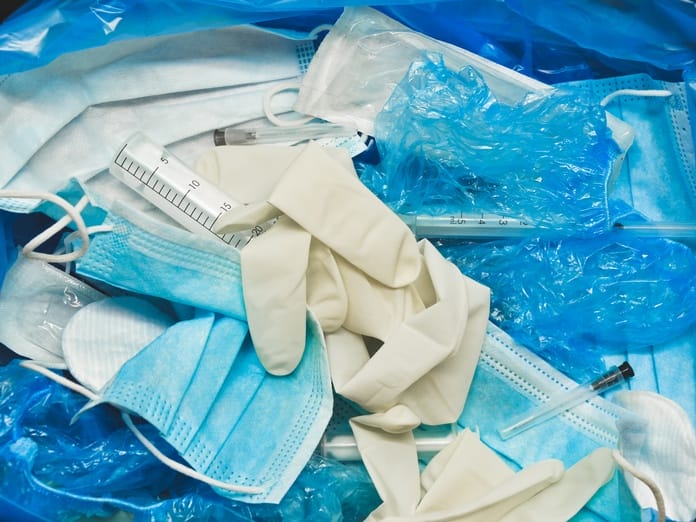Medical equipment can contain hazardous materials. Items such as syringes, thermometers, and electronic devices pose dangers if not disposed of responsibly. This guide will describe how to properly dispose of medical equipment and waste to safeguard patients, yourself, and medical staff.
Why Careful Disposal Matters
Improper disposal of medical equipment can have serious consequences. Used syringes and sharp objects, for example, could cause injuries and spread infections. Similarly, some devices may contain chemicals like mercury that pollute the environment if discarded in regular trash bins.
How To Dispose of Medical Equipment Safely
The first step is understanding what materials you’re dealing with. For syringes, place them in puncture-proof containers. Sharps disposal boxes accommodate these types of objects to protect people from harm; they are widely available at most pharmacies or to be purchased online.
Next, consider any electronic devices, such as blood glucose meters and thermometers. These often fall under e-waste recycling policies. Reach out to your local waste management facility to confirm the processing regulations in your area. This is particularly important to avoid violations in hazardous waste management that could result in legal consequences.
For expired medicines or medical liquids, check your community’s drug take-back programs. These programs ensure that medicines don’t find their way into water supplies or landfills.
Work With a Professional Waste Disposal Service
If you’re unsure about handling old medical equipment by yourself, consider working with a professional disposal service. Many of these companies specialize in medical waste removal.
This service is especially helpful if you’re dealing with a large quantity of equipment or hazardous materials. Professionals help provide peace of mind, knowing that the disposal process is both environmentally safe and legally compliant.
Give the Equipment a Second Life
If the equipment is still in working condition or uncontaminated, consider donating it to organizations that refurbish medical devices and distribute them to those in need.
Look for local charities or international groups that specialize in this area. Many communities accept gently used equipment to provide resources for underserved populations.
Final Thoughts
Safe disposal of medical equipment and waste is every medical professional’s responsibility. By following these steps, you can safeguard the environment, medical staff, and public safety.






